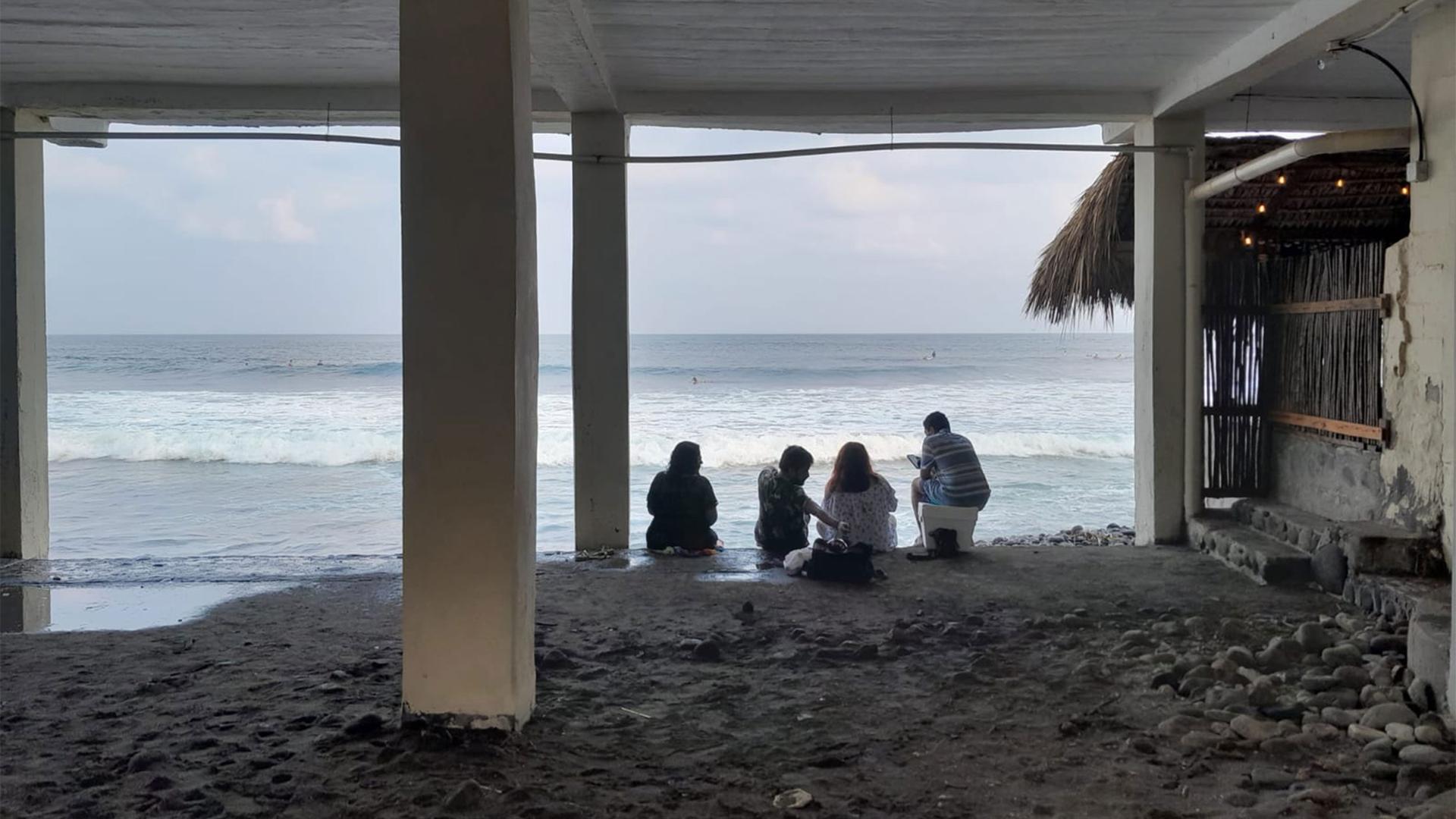The 3,000-resident Salvadoran village of El Zonte was once a sleepy beach town. But it’s quickly being transformed into a major surfing hot spot.
Kids play in the sand. Tourists watch the surfers out at the shoreline break. A woman sells drinks out of a little wooden shack.
Along a two-block sandy strip, there are lines of homegrown restaurants and new upscale hotels. One prominent feature on many signs is a big letter “B” and the words, “We accept bitcoin.”
Bitcoin — the increasingly popular cryptocurrency — got its start in El Zonte, El Salvador.
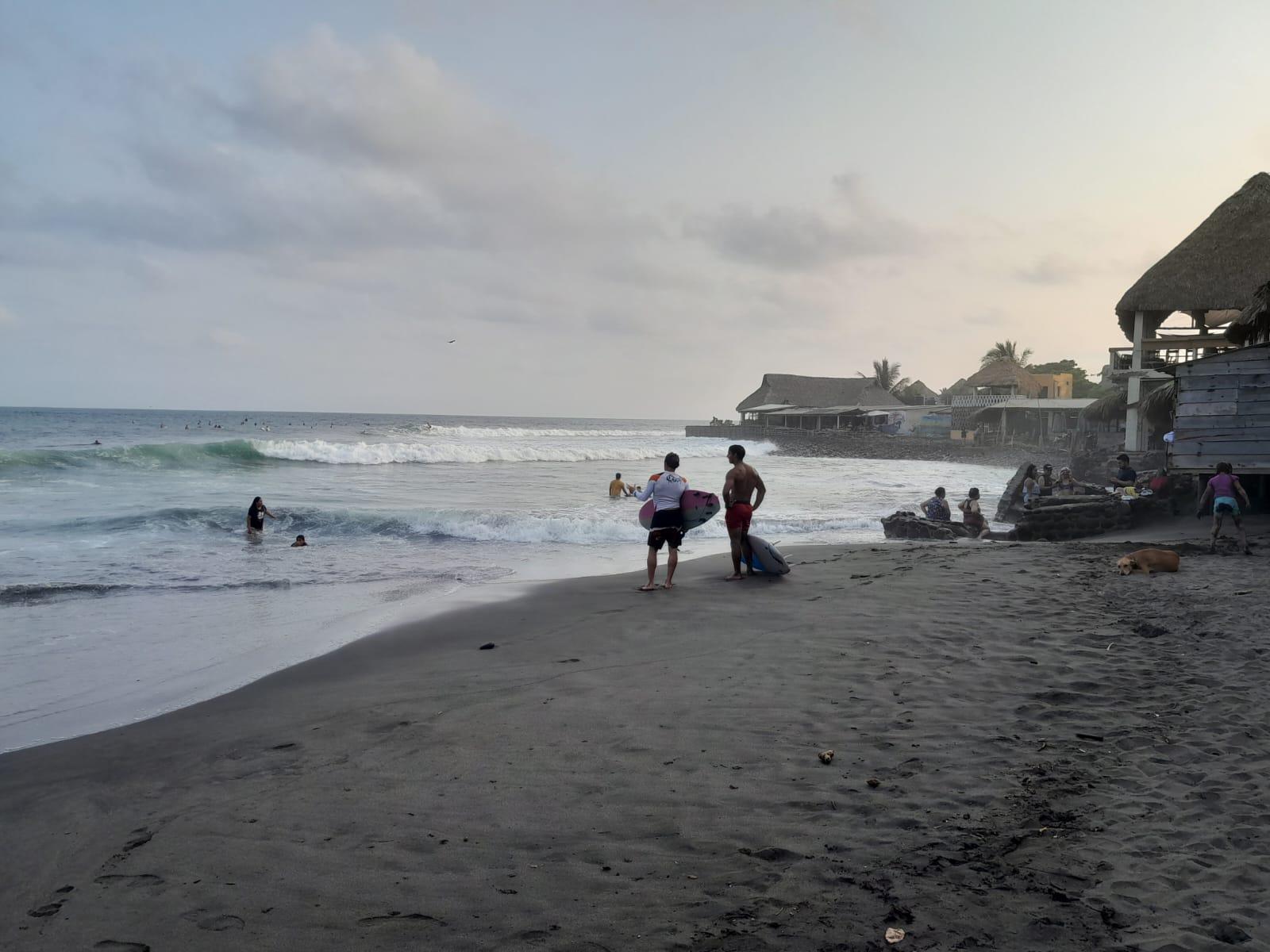
“Yes, I am very proud,” said Reina Isabel, the owner of a corner store in town. “This is Bitcoin Beach and bitcoin grew from here.”
Bitcoin Beach was founded in 2019 by US surfer and entrepreneur Mike Peterson, who received a donation from a wealthy benefactor wanting to create a circular bitcoin economy in the coastal village. So, they started to pay local residents in bitcoins for local jobs.
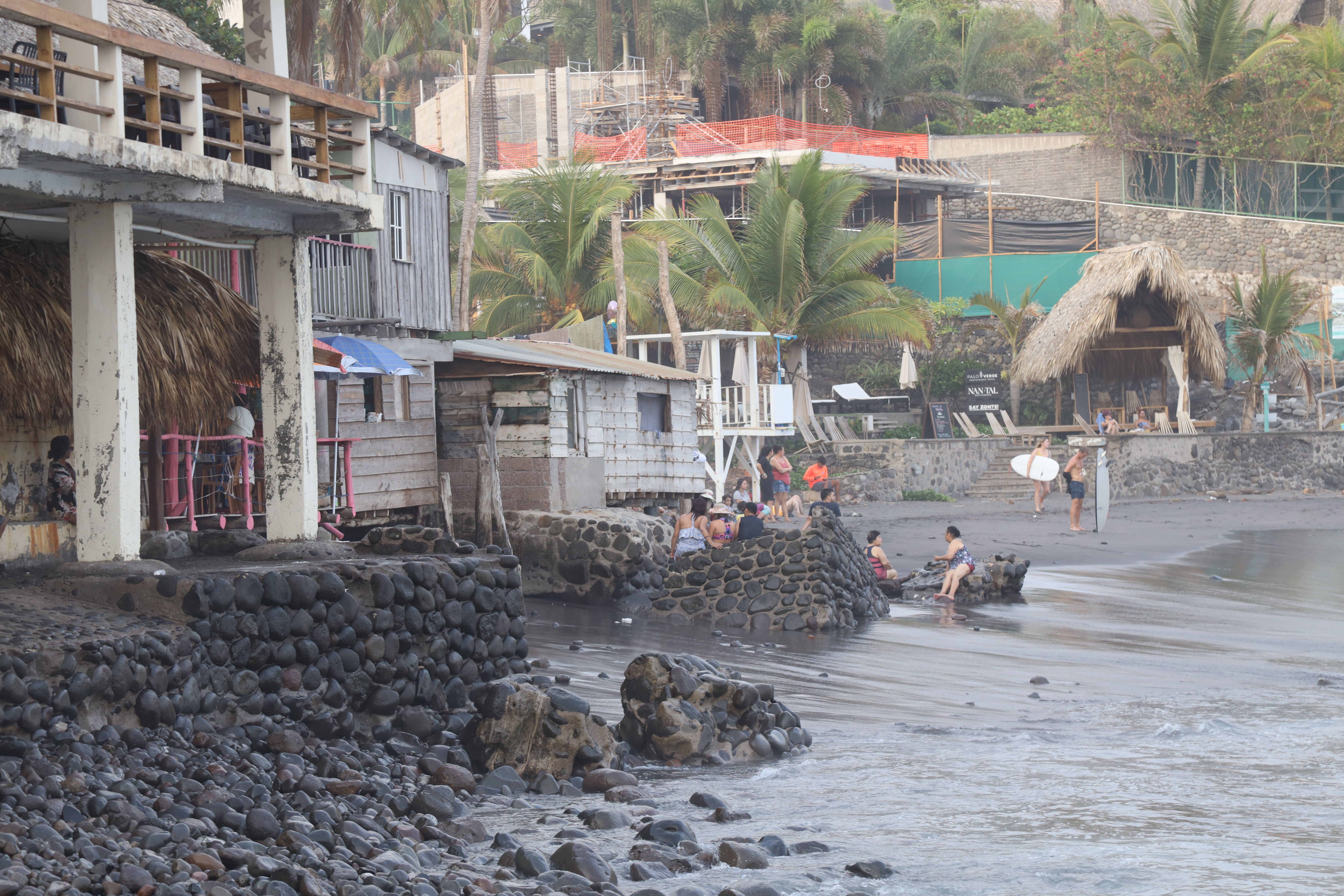
The endeavor caught the attention of President Nayib Bukele, who soon became one of the greatest champions of the cryptocurrency, and El Salvador became the first country in the world to adopt it as a legal tender.
“This is a law to benefit the population,” Bukele told Salvadorans, when he announced the new Bitcoin Law in 2021. “This is a law that puts us in the eyes of the world for something new and innovative. It’s a law that only benefits and causes no harm.”
A volatile currency
There are more than 200 bitcoin ATMs across the country where people can pull out the equivalent of US dollars from their bitcoin accounts. And many Salvadorans have benefitted from the new currency. The whole idea behind bitcoin was to create a means for people to save and exchange currency outside of traditional financial systems — and hopefully, make money on the rising exchange.
But the bitcoin seas have been choppy.
The problem is its volatility. The cryptocurrency lost more than half its value in the first year of becoming legal tender in El Salvador. Today, it’s still trading at 40% less than when it launched on September 7, 2021.
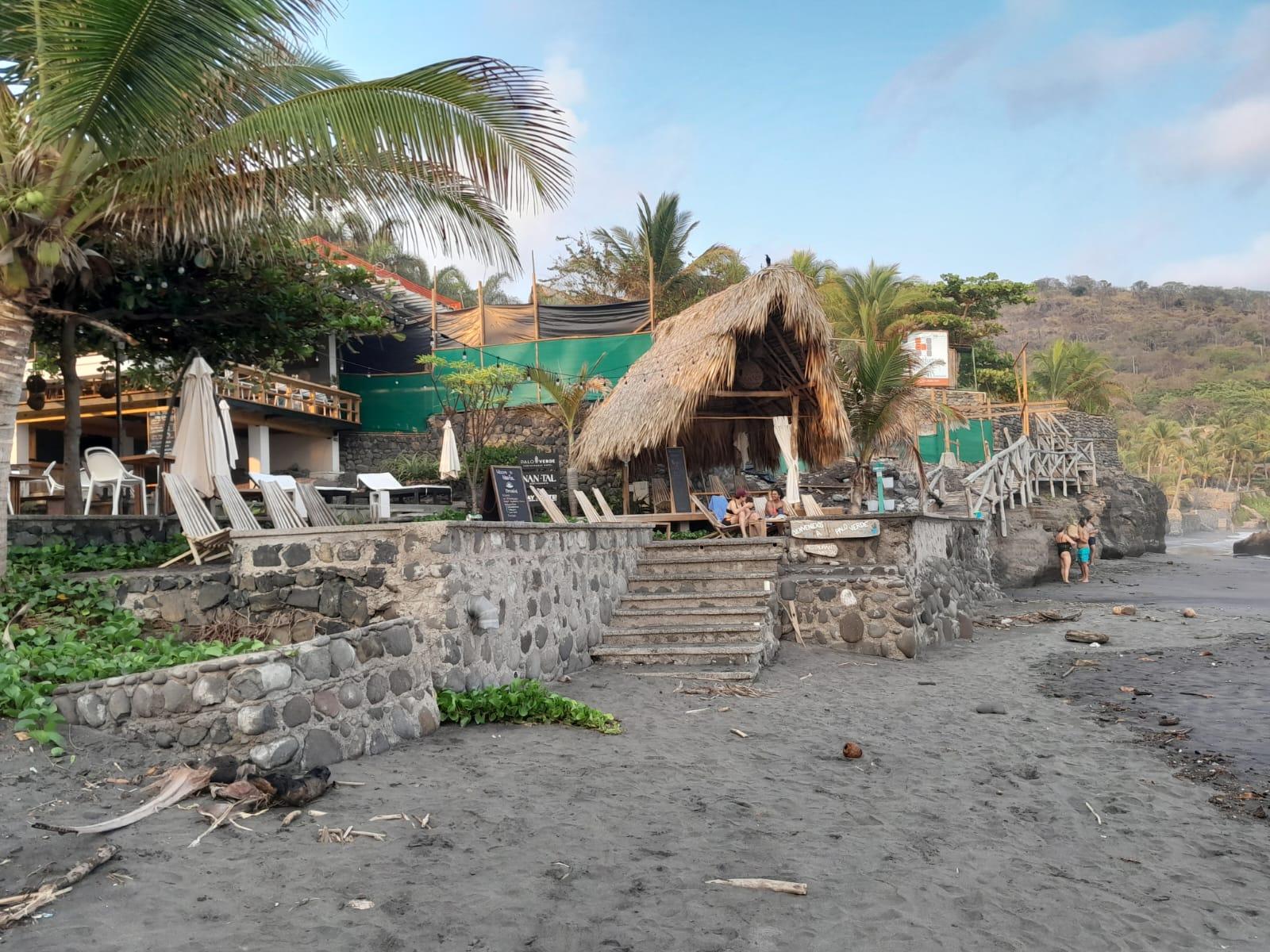
People with a lot of capital can wait it out, but that’s harder for those who rely on it for their daily income.
As a result, even at Bitcoin Beach, many people say they won’t take it.
“It’s up and down and if you pay me in bitcoin, I’ve got to go right at the moment to turn the bitcoin into dollars,” shop owner Marlin Flores said. He grew up in Texas, and now runs a store just off the beach.
“If I don’t, it could fluctuate. It could drop.”
Restaurant owner Narcisa Lopez agreed.
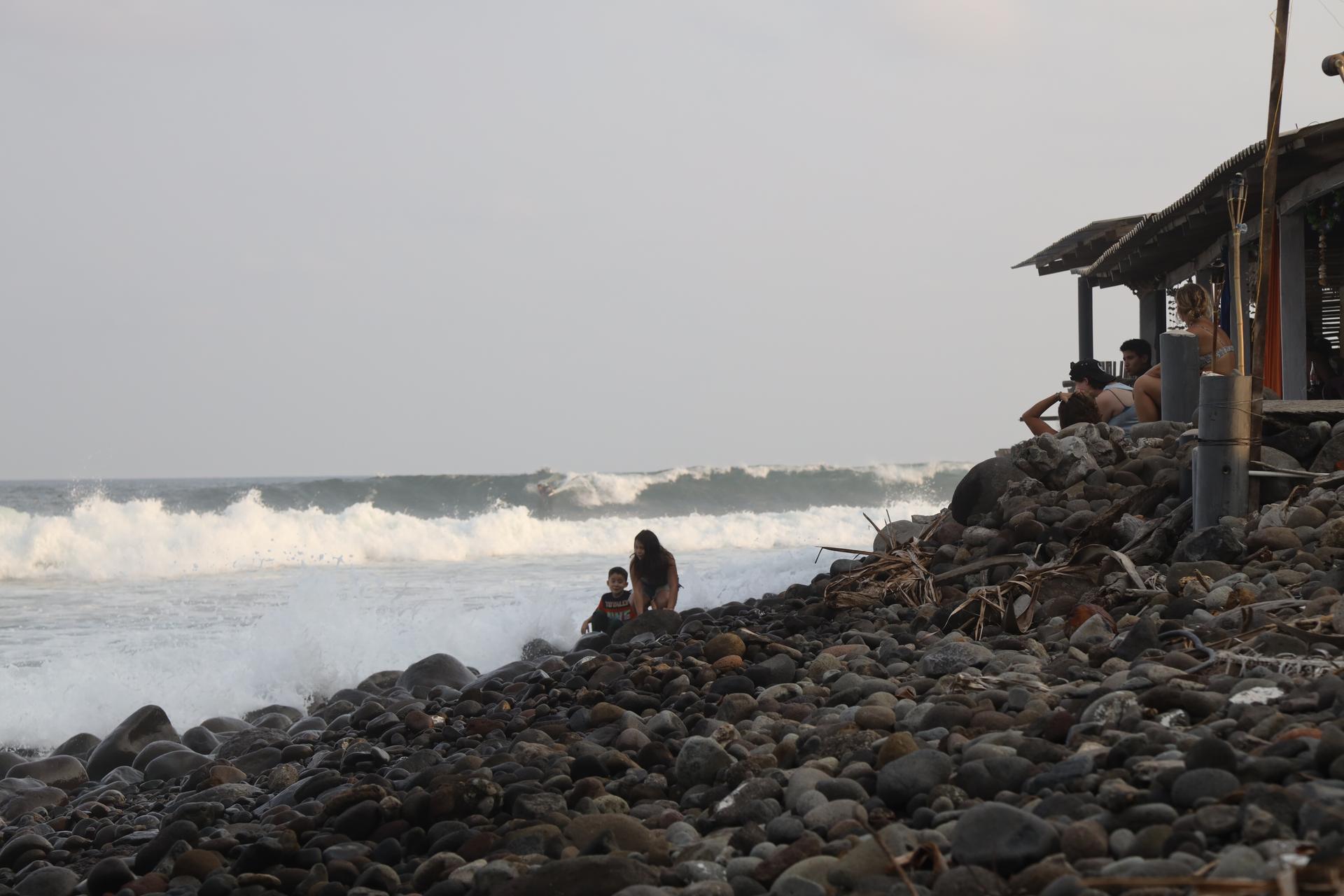
“I don’t use it or accept it,” she said. “I feel like they are trying to steal from us. They say that its value rises and falls and it’s really hard for those of us who don’t know much about technology.”
Lopez said that only five people have asked her if she accepts bitcoin since she opened late last year. And that a close friend of hers lost thousands of dollars by investing in the cryptocurrency.
She said it reminds her of when the country dollarized the economy in 2001, dumping the national currency, the colón.
“They told us everything would improve with the dollar,” she said, “but now everything’s just more expensive.”
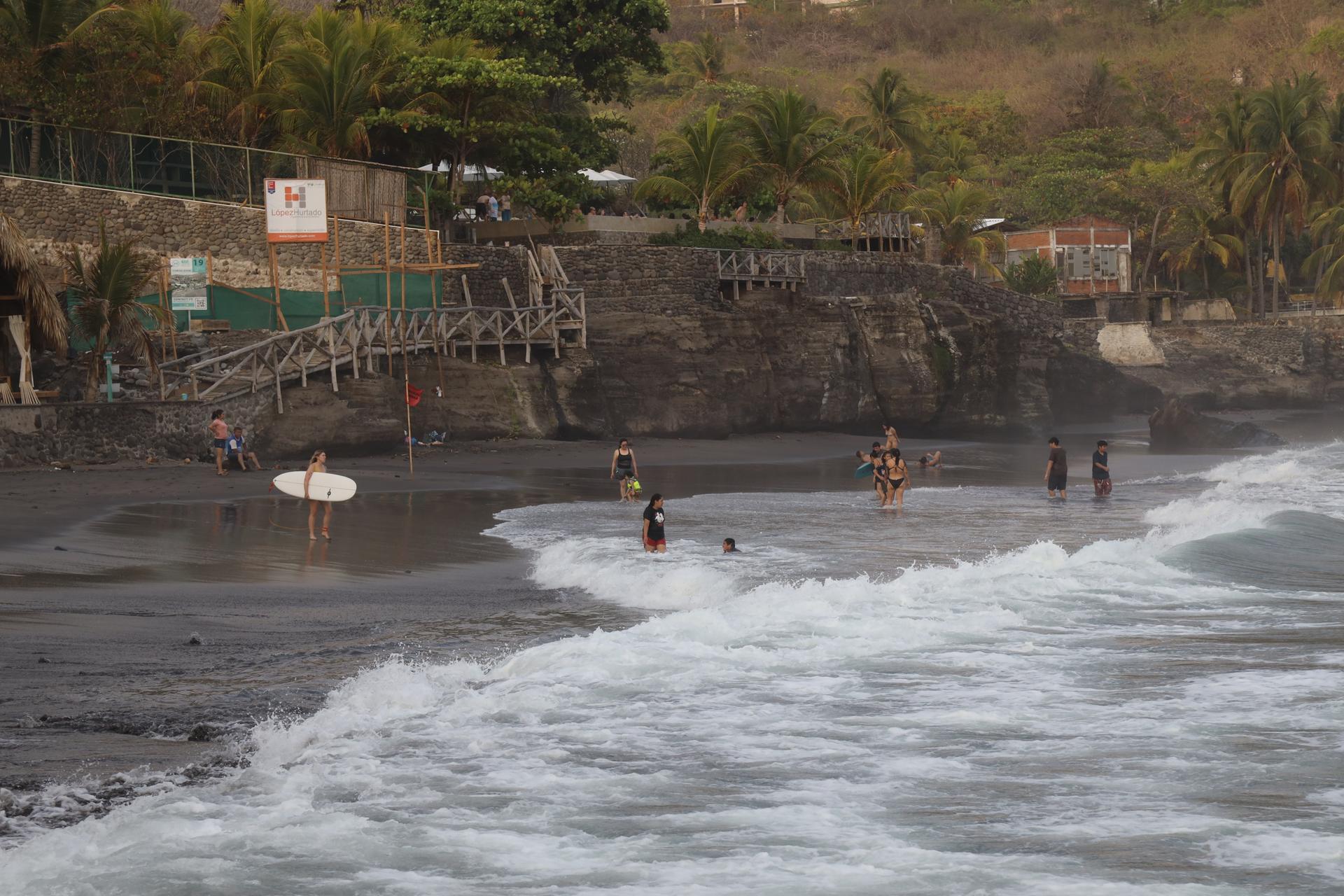
Foreign investments
One group that has enthusiastically embraced El Salvador’s bitcoin experiment is foreign cryptocurrency activists. They were behind Bitcoin Beach and they’ve been selling El Salvador as a destination for wealthy expats to invest in, visit and live.
There’s even a Bitcoin Beach podcast, hosted by founder Mike Peterson.
“We are live from Bitcoin Beach, the bitcoin center of the world here in El Salvador and we are very excited to showcase the amazing things that are transpiring in this country,” he said in the first episode published five months ago called, “This is why we are here.”
He even emphasized at a recent bitcoin conference in France that “it’s going to be places like El Salvador that will drive bitcoin forward.”
He may have the support of people like Bukele, but many Salvadorans fear they might not be able to catch the wave.
Related: ‘It’s a casino operation’: As Turkish lira falls, some Turks turn to cryptocurrency
